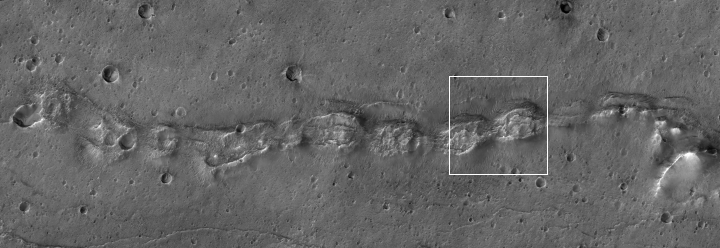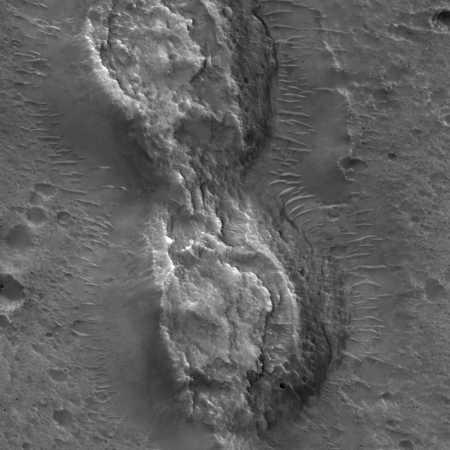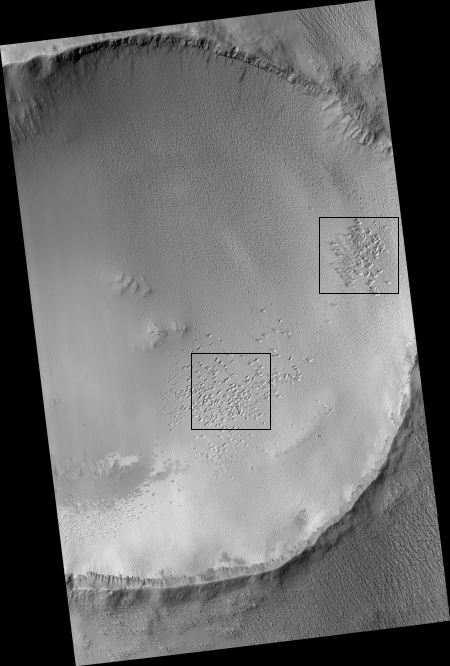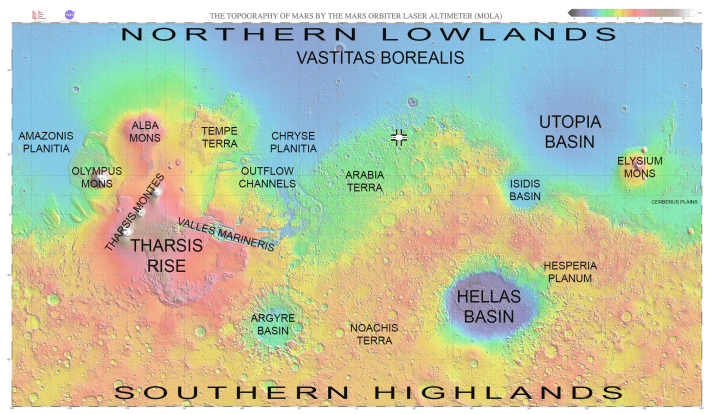Environmental activists to build methane-detecting satellite
What could possibly go wrong? The Environmental Defense Fund (EDF), historically one of the U.S.’s most partisan and aggressive environmental activist groups, has announced that it has raised millions to build a satellite to measure atmospheric methane, with a launch aimed for 2020.
The EDF, which is based in New York City, aims to launch the satellite as early as 2020. The environmental group and its scientific partners at Harvard University and the Harvard-Smithsonian Center for Astrophysics in Cambridge, Massachusetts, say that their planned ‘MethaneSAT’ will make the most precise measurements of methane yet from space. Their goal is to monitor emissions from roughly 50 major oil and gas fields that account for around 80% of the world’s oil and gas production. But the satellite could also be used to estimate emissions from landfills and agriculture.
“We need good solid data so that we really can support global action on climate change, and we’ve got to do it fast,” says Steven Hamburg, the EDF’s chief scientist.
MethaneSAT is an offshoot of the EDF’s research on greenhouse-gas emissions from US oil and gas facilities. In 2012, the group spearheaded a collaboration with industry and academic scientists to better quantify methane emissions and identify leaky infrastructure, from the wellhead all the way to the urban distribution system. That work is ongoing, but suggests that methane emissions from oil and gas facilities exceed US government estimates. Last year, the EDF helped to launch another collaboration with industry partners, governments and academics to carry that research forward internationally. [emphasis mine]
While I applaud their effort to do real research, I have serious concerns about the objectivity of their work. It appears they are aiming this satellite to look specifically at oil and gas facilities, the big enemies of the global-warming community, and clearly wish to document evidence for human-caused global warming. Thus, it will not be surprising if their research results end up biased in these directions.
Nonetheless, this project’s funding, much of it from private sources, highlights the on-going shift away from government money for the funding of space missions, as did my previous post As noted at the link above,
The EDF declined to provide a precise cost estimate for its satellite because the design remains in flux, but said that it is likely to be in the tens of millions of dollars. The group is seeking extra support from philanthropists to operate the satellite once it’s in orbit. All the data will be freely available. Hamburg says that the project provides a new model for funding targeted space missions. “We’re going to be the first, but I think we’re going to see this approach be used by others as well,” he says.
What could possibly go wrong? The Environmental Defense Fund (EDF), historically one of the U.S.’s most partisan and aggressive environmental activist groups, has announced that it has raised millions to build a satellite to measure atmospheric methane, with a launch aimed for 2020.
The EDF, which is based in New York City, aims to launch the satellite as early as 2020. The environmental group and its scientific partners at Harvard University and the Harvard-Smithsonian Center for Astrophysics in Cambridge, Massachusetts, say that their planned ‘MethaneSAT’ will make the most precise measurements of methane yet from space. Their goal is to monitor emissions from roughly 50 major oil and gas fields that account for around 80% of the world’s oil and gas production. But the satellite could also be used to estimate emissions from landfills and agriculture.
“We need good solid data so that we really can support global action on climate change, and we’ve got to do it fast,” says Steven Hamburg, the EDF’s chief scientist.
MethaneSAT is an offshoot of the EDF’s research on greenhouse-gas emissions from US oil and gas facilities. In 2012, the group spearheaded a collaboration with industry and academic scientists to better quantify methane emissions and identify leaky infrastructure, from the wellhead all the way to the urban distribution system. That work is ongoing, but suggests that methane emissions from oil and gas facilities exceed US government estimates. Last year, the EDF helped to launch another collaboration with industry partners, governments and academics to carry that research forward internationally. [emphasis mine]
While I applaud their effort to do real research, I have serious concerns about the objectivity of their work. It appears they are aiming this satellite to look specifically at oil and gas facilities, the big enemies of the global-warming community, and clearly wish to document evidence for human-caused global warming. Thus, it will not be surprising if their research results end up biased in these directions.
Nonetheless, this project’s funding, much of it from private sources, highlights the on-going shift away from government money for the funding of space missions, as did my previous post As noted at the link above,
The EDF declined to provide a precise cost estimate for its satellite because the design remains in flux, but said that it is likely to be in the tens of millions of dollars. The group is seeking extra support from philanthropists to operate the satellite once it’s in orbit. All the data will be freely available. Hamburg says that the project provides a new model for funding targeted space missions. “We’re going to be the first, but I think we’re going to see this approach be used by others as well,” he says.




